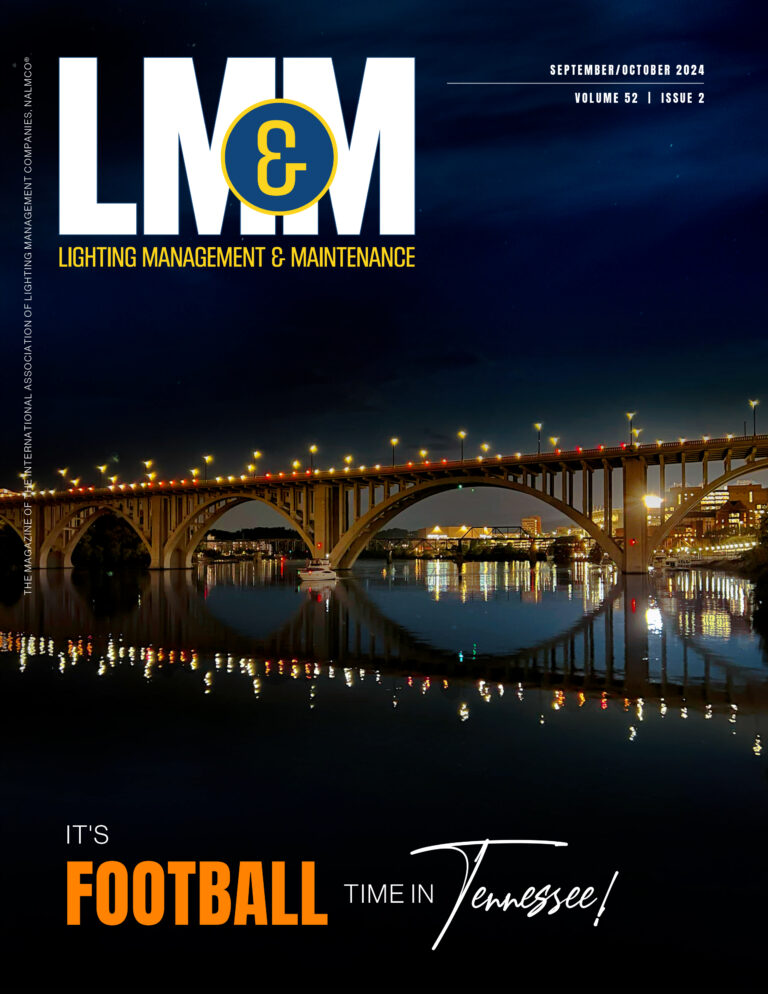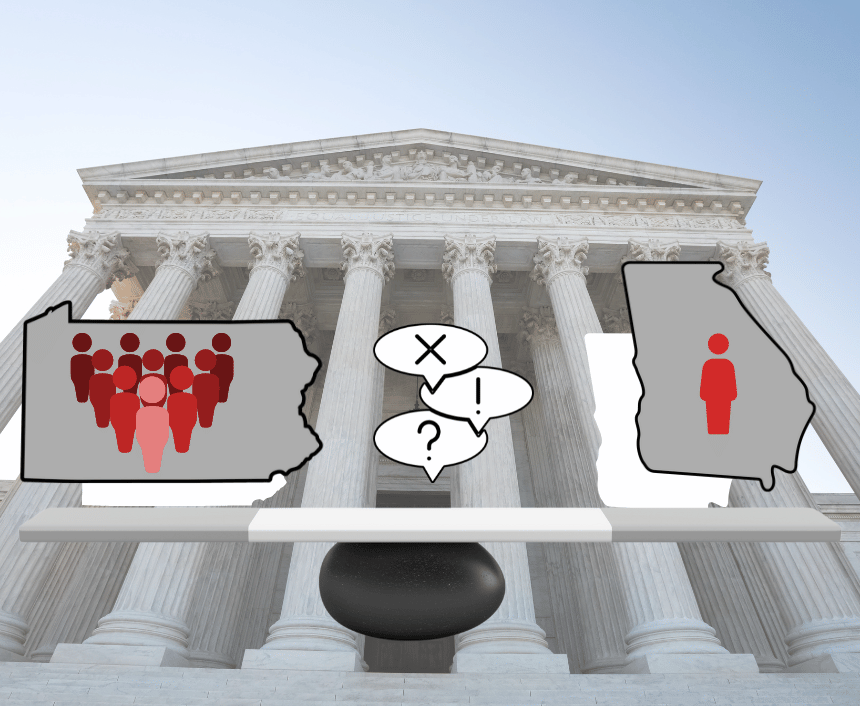Keystone Fights Back, Challenging Venue in Patent Litigation Over Georgia Salesman’s Location
Keystone Technologies LLC filed a motion to dismiss or transfer a patent infringement case brought by Signify Holding B.V. The case, currently in the United States District Court for the Northern District of Georgia, questions the proper venue for patent litigation.
Keystone’s Pennsylvania Roots and the Georgia Connection
Founded in Philadelphia in 1945, Keystone Technologies has a strong reputation in the lighting industry. The company operates primarily out of Pennsylvania. Despite this, Keystone now faces a legal battle in Georgia, which is far from its home base.
Signify Holding B.V. alleges that Keystone infringed on its lighting technology patents. In response, Keystone filed a motion to dismiss the case, arguing that the Northern District of Georgia is not the proper venue. Alternatively, the company requests a transfer to the Eastern District of Pennsylvania, where it believes the case should be heard.
Keystone’s Argument for Dismissal or Transfer
Keystone’s argument focuses on the specific requirements for venue in patent cases, as outlined in 28 U.S.C. § 1400(b). According to this statute, a patent case can only be brought in a district where the defendant resides or where it has committed acts of infringement and has a “regular and established place of business.”
As Keystone fights back, it contends it does not meet these criteria in Georgia. Aside from one remote employee who works from home by choice, the company lacks a physical presence in the state. Keystone argues that this employee’s residence in Georgia does not establish a venue under the strict standards of § 1400(b).
Keystone also points to its relationships with third-party distributors Grainger Industrial Supply and Bishop & Brogdon. These companies distribute Keystone’s products in Georgia, but they operate independently. Therefore, Keystone argues that these relationships do not create a “regular and established place of business” in Georgia, supporting its request for dismissal or transfer.
Legal Precedents and Broader Implications
Keystone’s motion relies on legal precedents that support a narrow interpretation of venue in patent cases. The company cites the Federal Circuit’s decision in In re Cray, which ruled that an employee’s home if chosen by the employee and not controlled by the employer, does not qualify as a place of business for the defendant. Keystone argues that its relationships with Grainger and Bishop also do not meet the criteria for establishing a venue in Georgia.
If Keystone’s motion succeeds, it could set a precedent for other companies facing patent litigation in distant jurisdictions. The outcome may influence how courts interpret the “regular and established place of business” requirement, potentially leading to more cases being transferred to districts where defendants have a stronger presence.
Conclusion
While we generally refrain from commenting on litigation matters, we firmly support Keystone in this case. A salesperson working remotely should not be deemed to be conducting substantial business in a particular state.
Read the original complaint here.
Keystone Fights Back



